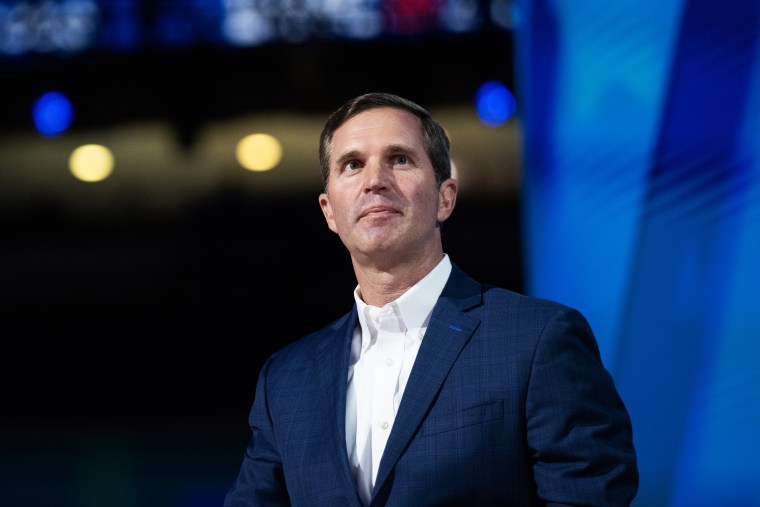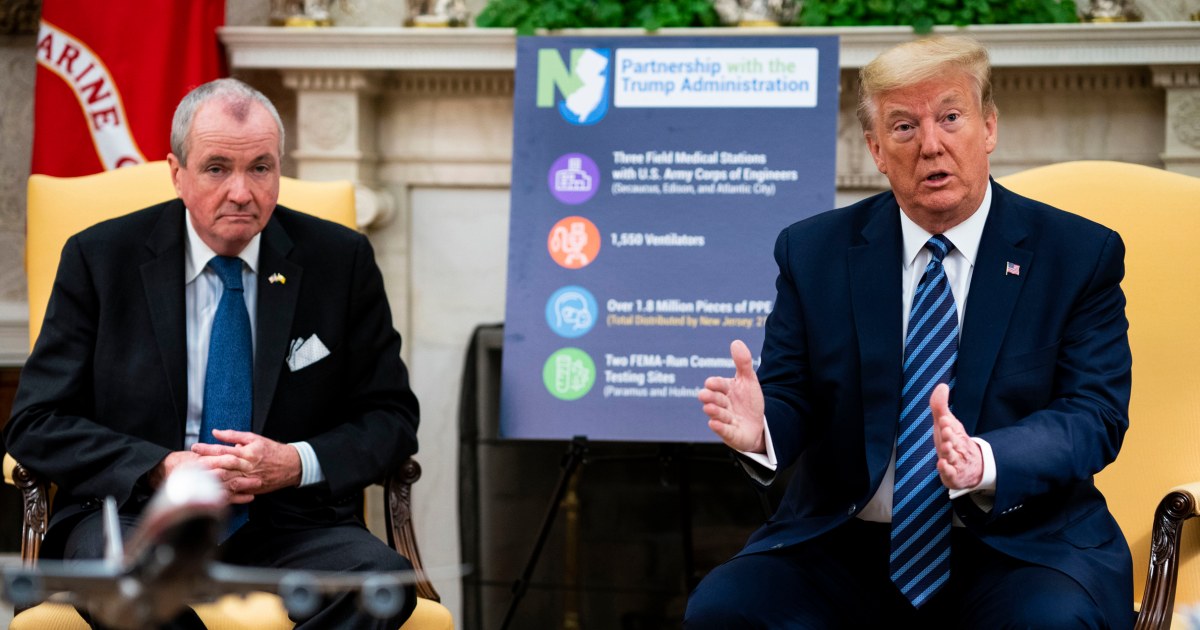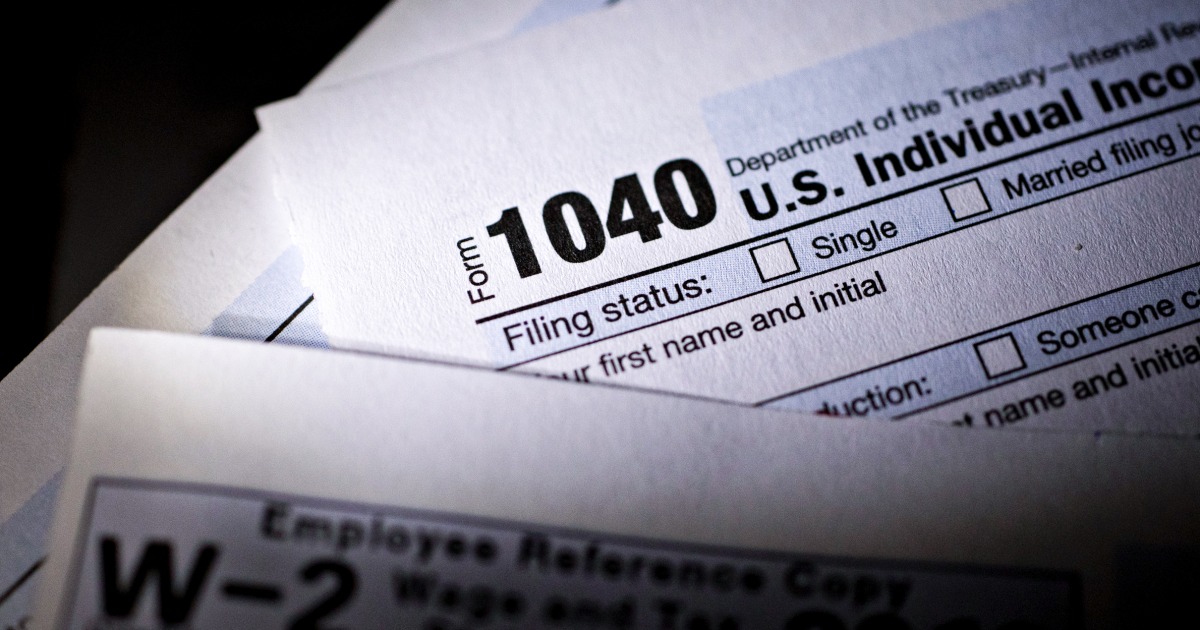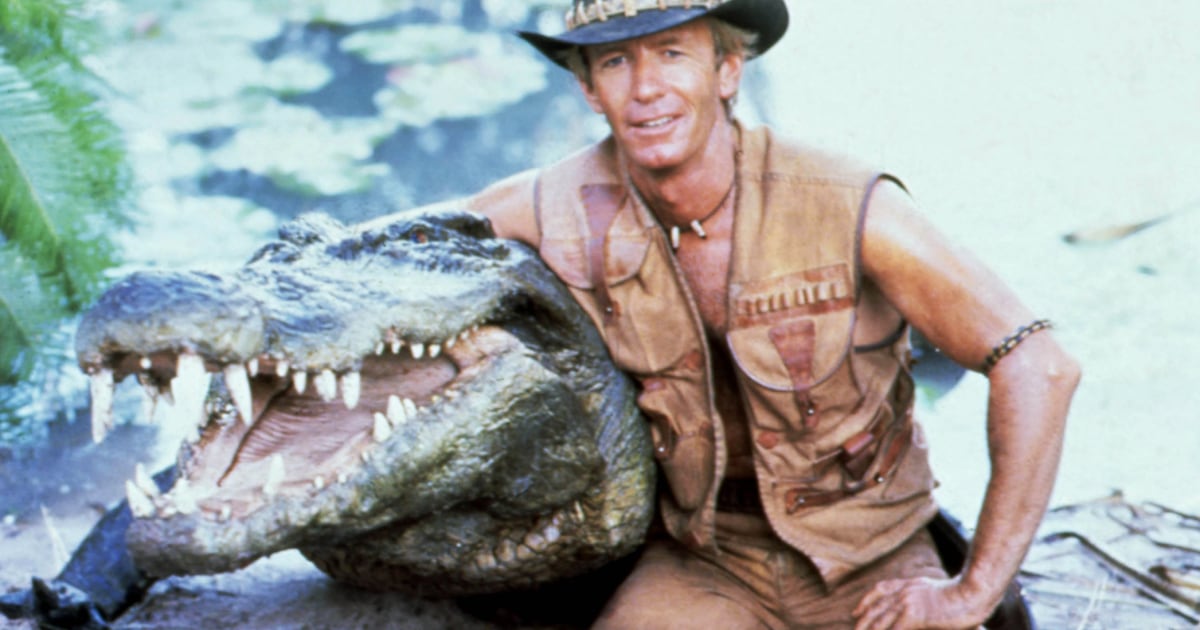LOS ANGELES — Democrats are still reeling and reflecting on what went so wrong for their party this year.
But at the Democratic governors’ annual gathering in California, they were in full agreement that something has to change in order for their party — and, in their eyes, hopefully one of them — to have a real shot at the White House in 2028.
“We can worry later about who we run for president [in 2028], or policy tweaks,” New Jersey Gov. Phil Murphy told NBC News, adding that for now, Democrats need to “build the foundation, build the infrastructure, elect a DNC chairman who is committed to doing just that.”
And amid a pitch to rededicate the party to a focus on improving voters’ everyday lives, addressing key issues such as inflation, health care, infrastructure, transportation and education, Kentucky Gov. Andy Beshear warned Democrats about a key obstacle to their ambitions for redefinition: President-elect Donald Trump.
In the last Trump administration, people focused “too much on Trump and what was happening in D.C. and not enough on [Democratic] priorities,” Beshear said.
“Don’t fall into us versus them,” he added. “It’s not a winning strategy.”
At other levels of the party — including among some of the “resistance” activist groups that gained prominence during Trump’s first term — there’s already broad agreement that Democrats can’t react to Trump in the same ways they did eight years ago.
But some of the most prominent governors, who happen to be among those mentioned as potential presidential candidates, quickly leaned into setting up their states as bulwarks against Trumpism after his election. California Gov. Gavin Newsom called a special legislative session, while Illinois Gov. JB Pritzker talked about how to “shore up” his state against Trump.
Others in purple and red states have taken less aggressive postures. At the Democratic Governors Association meetings, Beshear and fellow red-state Democratic governor Laura Kelly of Kansas said they’d look for room to work with Trump in areas that would benefit their constituents.

“Really, we have no idea what’s, what’s coming down the pike,” Kelly told reporters Saturday. “So we’ll evaluate it as it comes to us, and if it’s — we will always look for ways to work together.”
“You know, that’s my job as governor, is to do what I need to do to get what we need in the state of Kansas. So we are very open to working with the Trump administration,” she added.
Beshear said he would be in favor of pro-Trump policies when they’re good for Kentuckians and anti-Trump pushback when the new presidential administration takes actions that are bad for the people in his state.
Beshear said that reacting to the daily slog of Trump’s news of the day could be detrimental to Democrats, echoing Sen. John Fetterman, D-Pa., who told NBC News last month that Democrats need to stop “freaking out” at everything Trump says, comparing members of his party to cats and Trump to “the guy with the laser pointer.”
“You’re going to be chasing it around the whole room,” Fetterman said.
It could be an early theme to watch as Democrats position themselves in the governor’s race in New Jersey, where a pair of Democratic House members, Josh Gottheimer and Mikie Sherrill, are part of a crowded primary for the chance to succeed Murphy, who is term-limited. The primary field also includes Newark Mayor Ras Baraka and Jersey City Mayor Steve Fulop.
After the primary, the Democratic nominee will have to face off against a Republican nominee in a state in which Trump made significant gains in 2024. After losing New Jersey by 16 percentage points in 2020, Trump ran just 6 points behind Vice President Kamala Harris in 2024.
Murphy said he thought that Harris’ campaign made significant missteps: “I’m of the opinion that it wasn’t one thing, but that there were 12 to 15 things — including some very smart moves by Trump and his team — that all went against us.”
In the immediate future, Democrats face their first path to defining the future of their party in February, when the party will elect a new chair of the Democratic National Committee.
“I want to see someone who focuses on what we as Democrats far too often take for granted or view as mundane and that is party infrastructure, the ‘50 State Strategy 2.0,’” Murphy said, calling on Democrats to “present ourselves and ask for the order, even if it’s in a red, red town, county or state.”
For now, Murphy and Beshear say, Democrats need to focus on defining what they stand for with voters and looking ahead to the 2026 midterms, which will be the first nationwide test of Democrats’ post-2024 rebuild.
“As much as we need to be sober and reflective, it’s also not, therefore, the end of the Democratic Party, the end of the world,” Murphy said. “We will live to fight again. In that part, I’m highly confident.”
Beshear predicted that Trump will continue to move to the right in his second administration, meaning “the common sense and the middle ground is open” for Democrats if they wish to take it.
“The best thing for Democrats to do ahead of [the 2028 presidential election] is to win widely in the 2026 midterms,” he added.








